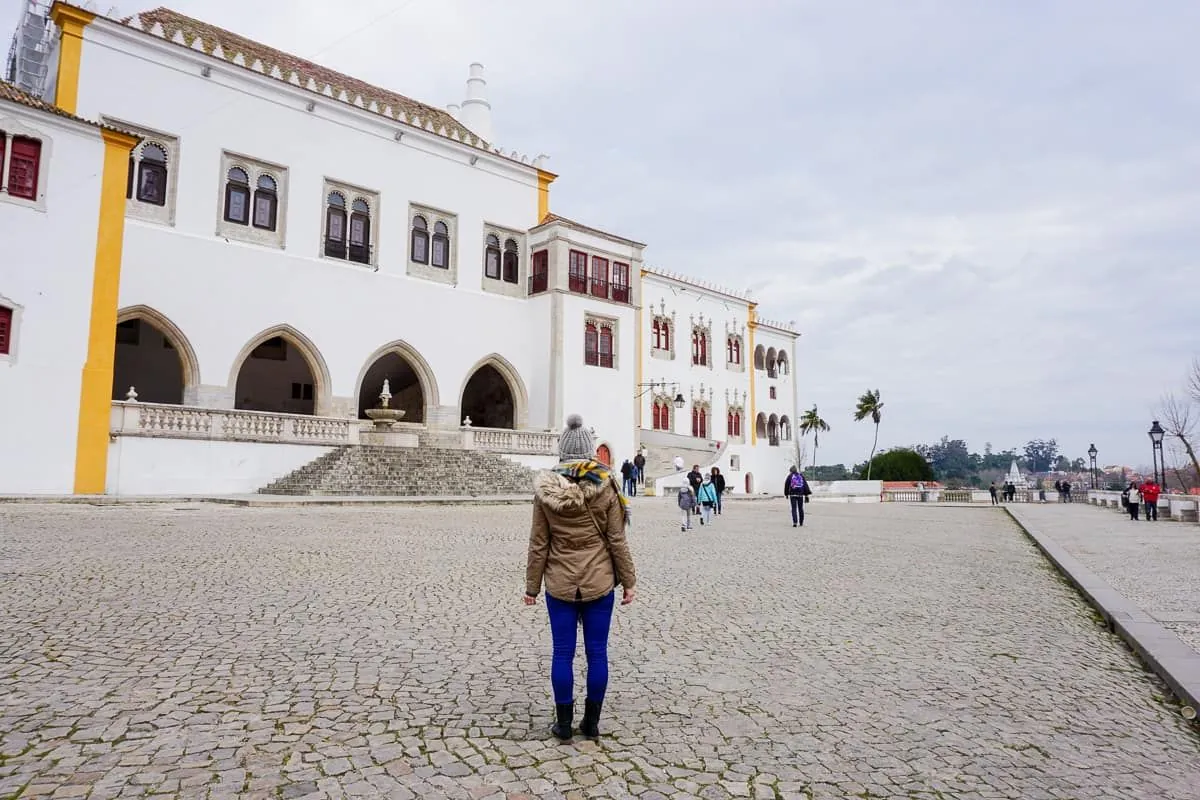In the picturesque town of Sintra, Portugal, a UNESCO World Heritage Site since 1995, residents are grappling with the consequences of a post-pandemic tourism boom. As global travel rebounds, this historic retreat, once favored by Portuguese royalty, is experiencing the strain of overtourism.
Martinho de Almada Pimentel, residing in a century-old mansion built by his great-grandfather in 1914, finds himself increasingly isolated due to the influx of visitors. The tranquility of Casa do Cipreste, a monument to privacy, is now disrupted by the constant flow of tourists and traffic.
"Now I'm more isolated than during COVID. Now I try to (not) go out. What I feel is: angry."
The situation in Sintra reflects a broader trend in global tourism. The United Nations' tourism agency predicts that worldwide tourism will exceed 2019 records by 2% in 2024, with over 285 million international tourists reported by the end of March 2024. This surge is driven by factors such as revenge travel, digital nomad campaigns, and golden visa programs.
The impact of overtourism extends beyond mere inconvenience. Matthew Bedell, another Sintra resident, highlights more serious concerns:
"Not to be able to get an ambulance or to not be able to get my groceries is a rich people problem? Those don't feel like rich people problems to me."
Sintra's unique landscape, which inspired Lord Byron to call it a "glorious Eden," now faces challenges in preserving its charm. The town, known for its Pena Palace built by King Ferdinand II in the 19th century, struggles with managing the influx of visitors. The municipality has implemented measures such as reducing daily tickets to Pena Palace from 12,000 to less than half, but residents argue more needs to be done.
Local residents have organized into QSintra, an association challenging city authorities to prioritize residents' needs. They seek better communication and a comprehensive plan for managing tourism growth, including concerns about a new hotel development.
The issues in Sintra mirror global trends. In Spain, protests erupted in March 2024 against overtourism in the Canary Islands. Japan, setting records for tourist arrivals, saw creative solutions like screens erected to manage crowds at popular viewpoints of Mt. Fuji.
Experts like Michael O'Regan from Glasgow Caledonian University suggest that the term "overtourism" may be outdated, emphasizing the need for better crowd management and research by destinations.
As Sintra continues to attract millions of visitors annually, drawn by its historic sites like the Castle of the Moors and the Cork Convent, the challenge lies in balancing tourism's economic benefits with preserving the town's unique character and residents' quality of life. The ongoing debate underscores the need for sustainable tourism practices that respect both the destination and its inhabitants.
